The worst launches of 2020
Eight games that missed the mark this year.
As we close out the year, we've celebrated the best of 2020 with our Game of the Year awards and reminisced about the games that we'd already forgotten came out in the past 12 months. Some of those were even great! Others weren't so hot, and the same goes for the worst launches of the year. The games that made this list aren't necessarily bad. But something—or maybe many things—went wrong for them at launch, and they simply couldn't live up to expectations.
Server outages, crippling bugs, and questionable design decisions made these the worst launches of 2020.
8. Empire of Sin
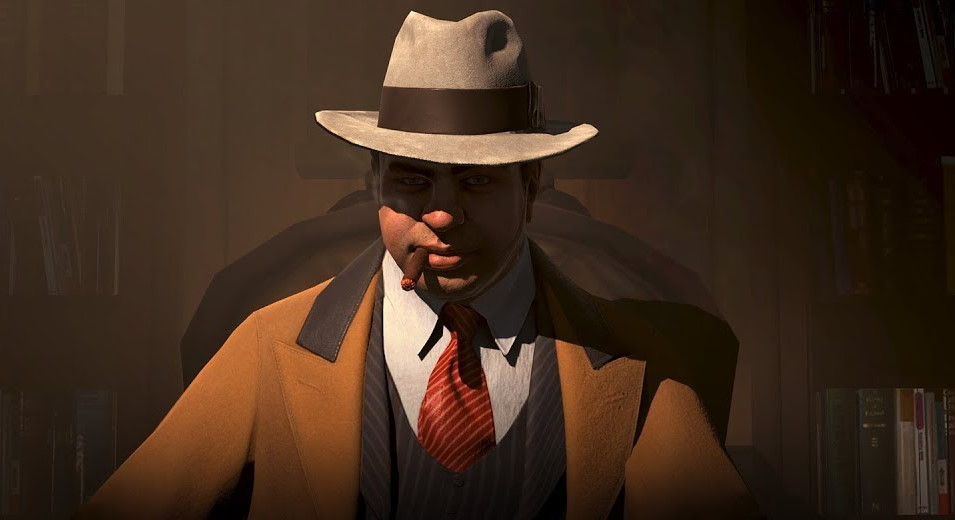
We had high hopes for Empire of Sin, the gangster-era Chicago sim from Brenda Romero. But it simply didn't live up to them when it released on December 1st. "A mountain of issues crushes this ambitious management game," Fraser wrote in our review.
Empire of Sin has good, promising ideas, but its management systems don't really gel, and the XCOM-inspired battles end up mostly samey and forgettable. As Fraser summed up: "There's definitely a version of it in there somewhere that's good, and the allure of all those dense and malleable systems is strong, but they all come with massive caveats that dwarf what it does well. It's just a bit of a mess. It's frustrating. The potential is obvious, but it hasn't been realised."
The day after launch, Brenda Romero tweeted a statement that the developers "are dedicated to making this game as great as it can be and that's why the feedback we have been getting from you is so important to us." So there are patches on the way, and publisher Paradox also has a history of supporting its game for the long term. With strategy/sim games of this type relatively rare, it's a shame to see one fall short of what we hoped it would be.
7. NBA 2K21
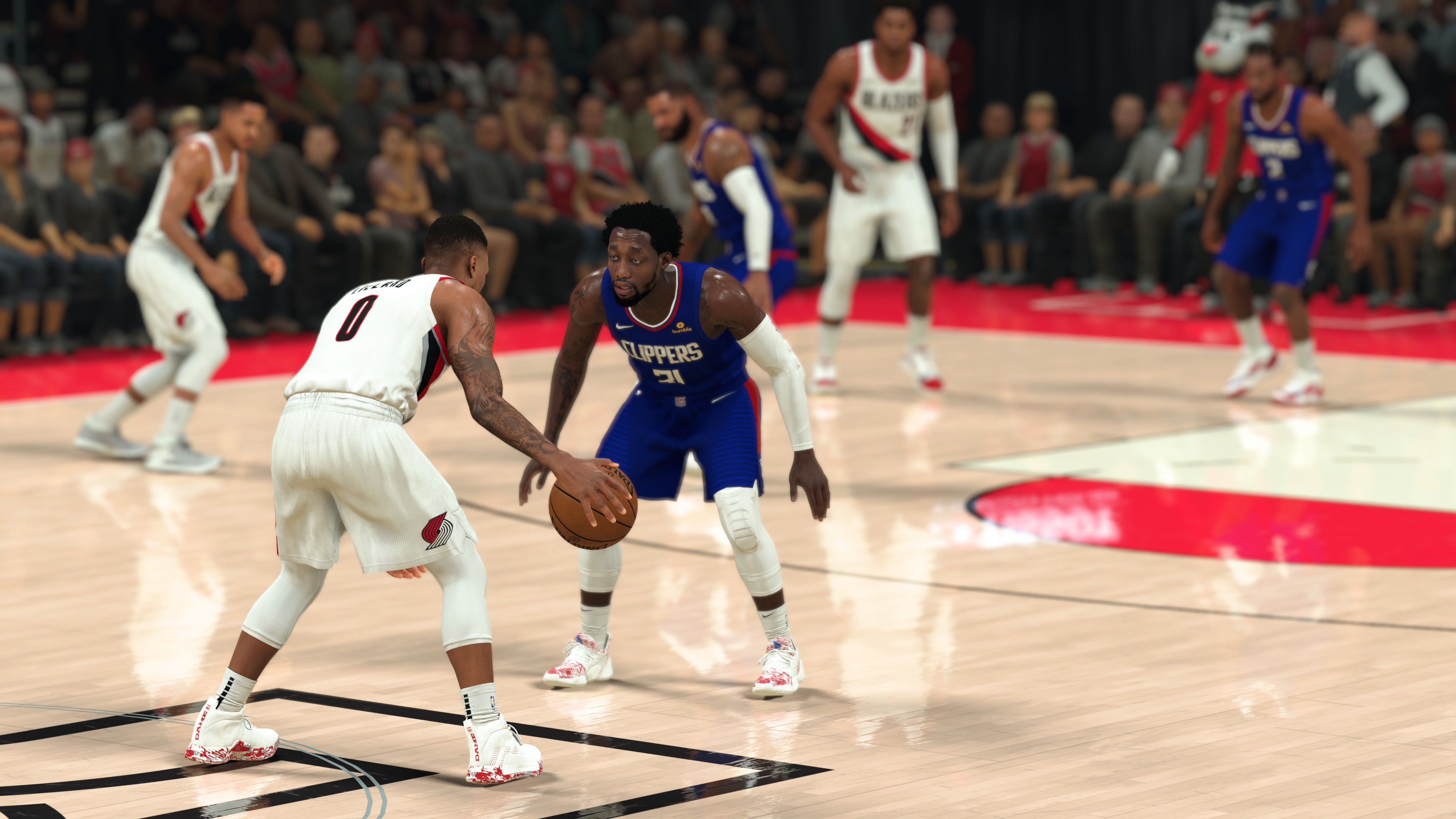
There's a "next-gen" version of NBA 2K21 for the PlayStation 5 and Xbox Series X. But it's not this one. PC players, for some reason, are stuck with the previous-gen version of this sports game, which fans have called out for being extremely similar to 2K20. Being sold a barely-upgraded-from-last-year sports game might go over better if 2K21 wasn't also full of in-game advertisements and microtransactions.
The PC has often been an afterthought for sports games, and the response to 2K21's release certainly shows how players feel about that. The user reviews on Steam put it deep into negative territory. Hopefully 2022 is a better showing.
The biggest gaming news, reviews and hardware deals
Keep up to date with the most important stories and the best deals, as picked by the PC Gamer team.
6. XIII
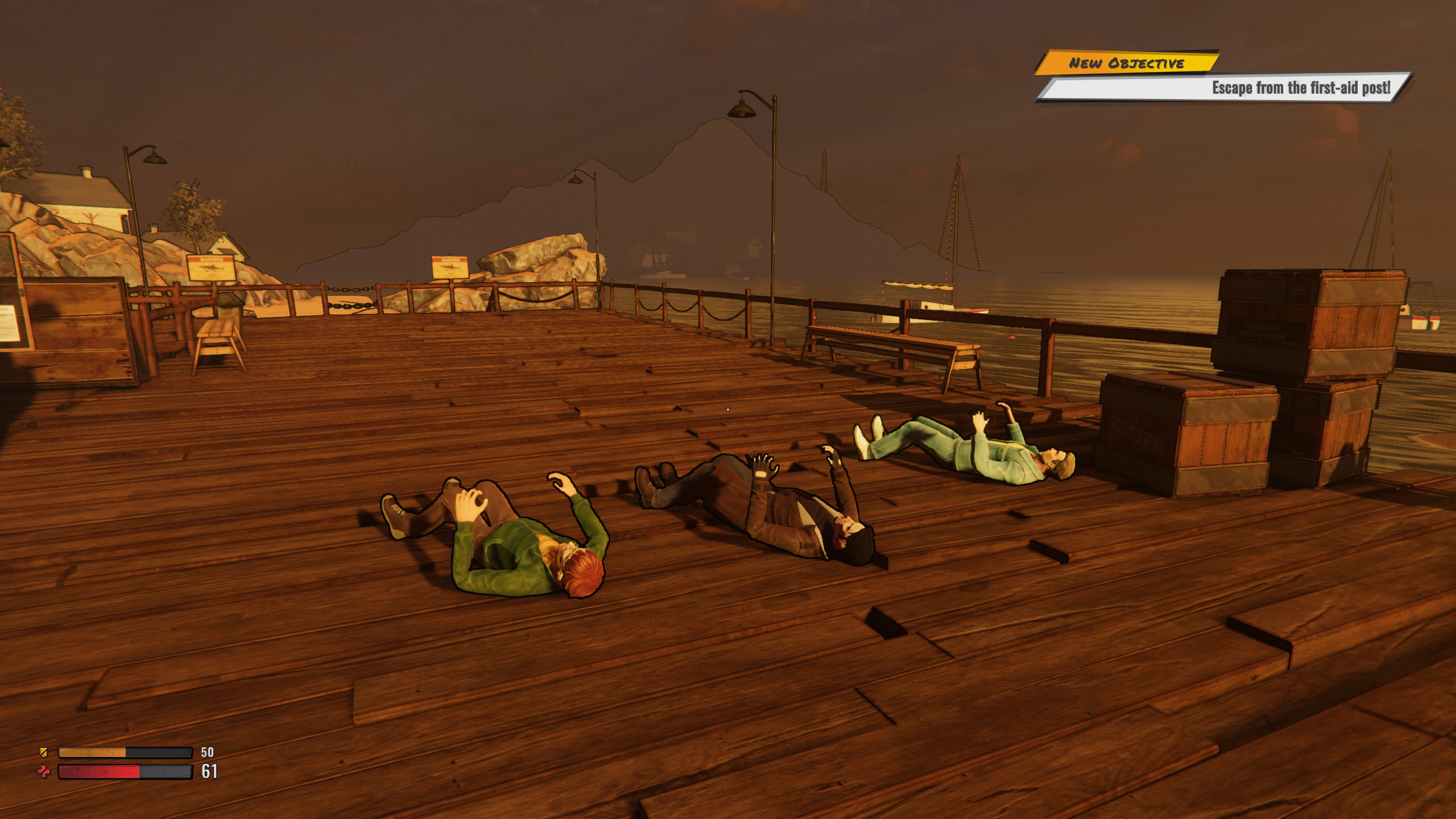
This modern remastering of comic book-y shooter XIII was first announced in April 2019, and was supposed to be out a full year ago. It finally arrived in November 2020 to "overwhelmingly negative" reviews on Steam. The remake bafflingly ditched the original game's cel shaded comic book aesthetic, which was its best and most distinctive feature. Even in 2003, XIII wasn't exactly a critical darling. It got decent reviews on the back of its aesthetic, and the rest was just okay.
The approach to the 2020 version seems poorly considered, and it wasn't like the new art style was its only issue. The developers owned up to XIII's problems, saying "expectations have not been met by the launch version and we hear loud and clear the legitimate criticism and disappointment." A patch on December 21st fixed a mountain of issues, but not the artistic choices that led to the new character designs.
5. Last Oasis
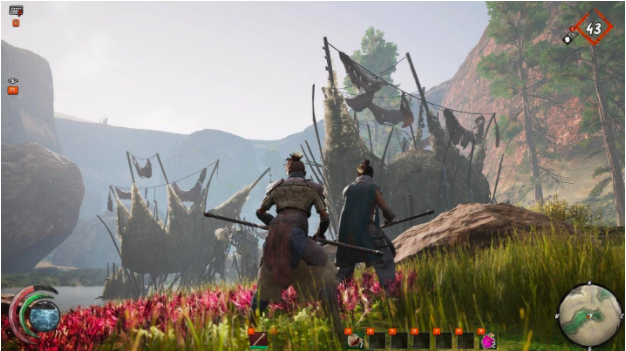
One of the coolest new PC games of the year fell victim to its own popularity at launch. The setup is really cool—it's a survival MMO, with players riding giant walking machines across the desert, constantly fleeing the deadly burning sun. We really liked it. At least, when we could play it. Last Oasis hit Steam's top sellers list, and then its servers buckled under the strain. It remained difficult or impossible to play for days.
While many games have had server issues at launch, they usually subside after a few days as developers adjust capacity. But Lost Oasis had more serious issues, and the developers finally had to take it offline to try to fix them, offering refunds to players who wanted out. Not a great start for an MMO. It was a bad launch week, but long-term, Last Oasis will probably end up in a better spot than many other games on this list. It's actually still in Early Access, and the most recent update seems to be aimed squarely at improving weaknesses in the design players have highlighted this year. Hopefully Last Oasis has a bright future ahead of it.
4. Wolcen
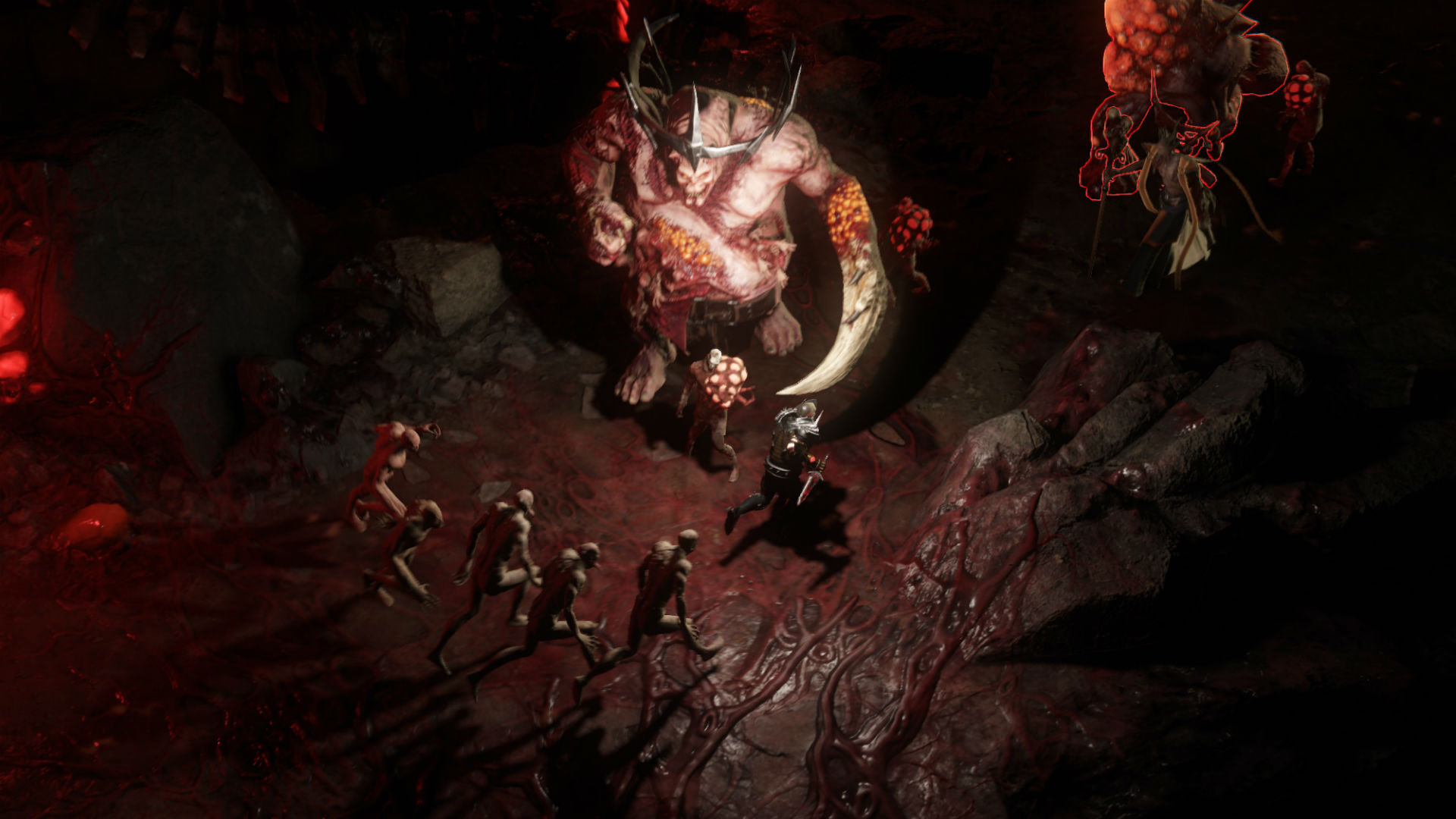
A game we called "as buggy as it is bloody" in our review, Wolcen was one of the first hyped-up releases of the year. Any game with shades of Diablo is sure to get PC gamers excited. But the potential of its class-free approach to character-building was marred by a messy, incomplete launch, even after time in Early Access. "There's a long list of skills and passives that don't work as intended, don't work at all, are ludicrously overpowered or broken in some other way," Fraser wrote in his review. Then there was the mountain of performance issues and bugs he had to climb just to get through the game.
Steam reviews were split almost 50/50 on release day, and reviews today still comment on bugs and other issues 10 months later. Wolcen had the potential to compete with the likes of Path of Exile, but it needed a lot more polish to earn its place.
3. Warcraft 3 Reforged
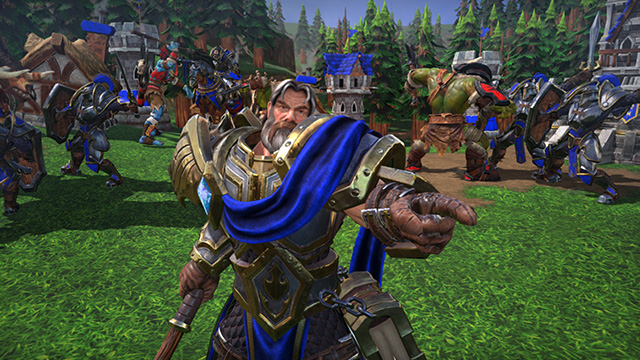
A remaster of beloved RTS Warcraft 3 should've been an easy slam dunk from Blizzard, a way to win brownie points with longtime fans. Instead, it became a controversial disappointment, missing features that were available in the original game released in 2002. Fans called it a downgrade after Blizzard initially planned some bigger changes to Warcraft 3's cutscenes, then ultimately shipped with much simpler new animations. That decision wasn't well-communicated, so many players were surprised and confused at launch to see a game that looked significantly different from the work-in-progress video Blizzard had shown in 2018.
Worse, the original version of Warcraft 3 suffered, too, losing some of its online features because Blizzard wanted to keep the two compatible. The EULA also claimed that user-made maps belonged to Blizzard—not a great contrast to the fertile mod scene Warcraft 3 once was, spawning DOTA and the entire MOBA genre.
While Reforged has been patched several times since its launch in February, none of the community's major issues have been addressed.
2. Cyberpunk 2077
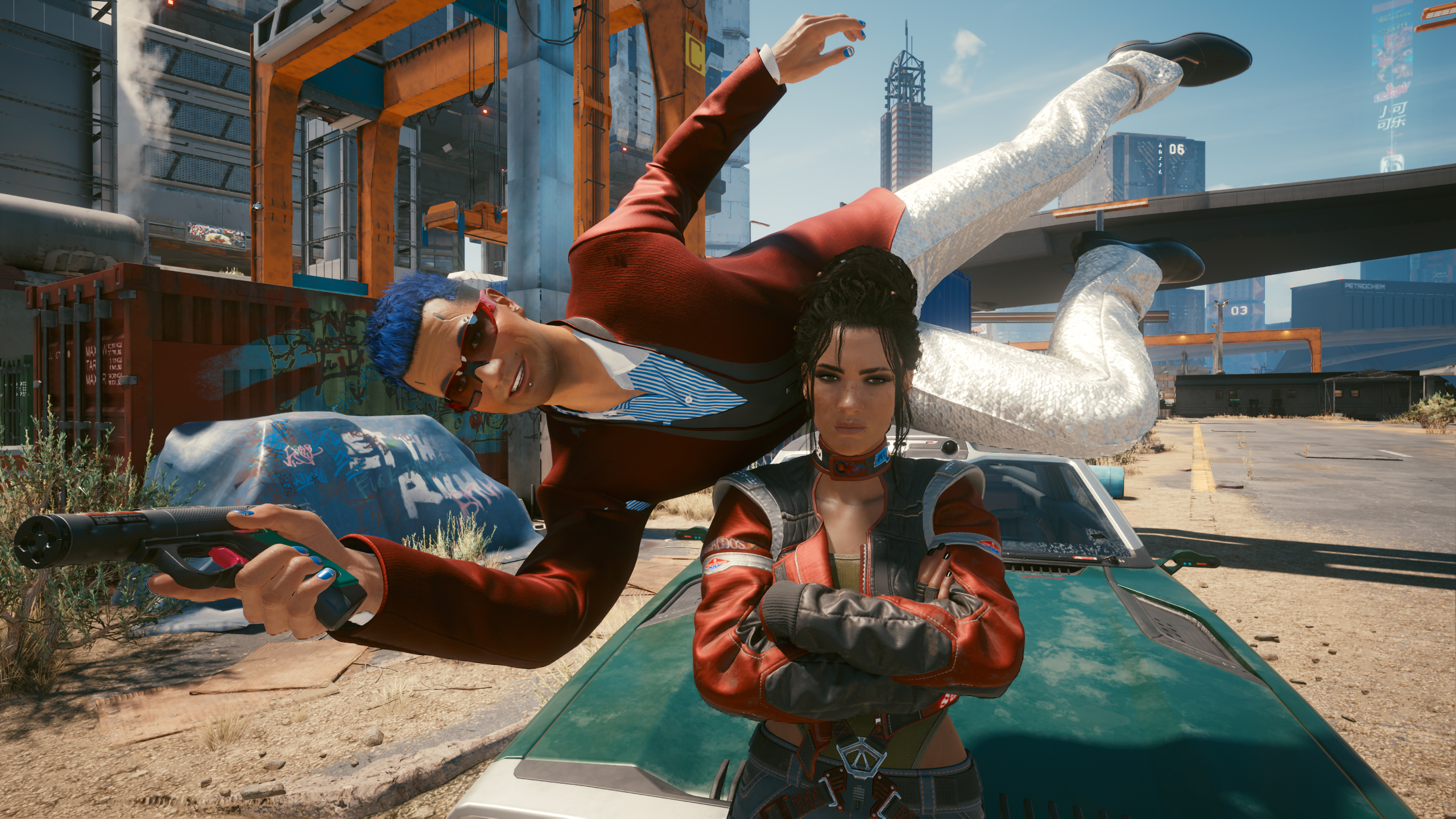
The most anticipated game of the year had a very bad couple weeks. On PC, it was a buggy launch, with loads of issues despite the day one patch. It's not just all funny open world stuff; there are bugged quests and glitches that can stick with you permanently, like hung dialogue. But PC players still got off easy—the console versions are where the real mess is, with particularly poor performance on older hardware like the launch PS4. After some outrage and contention over refunds, Sony actually delisted Cyberpunk 2077 from its store.
CD Projekt apologized, saying "we should have paid more attention to making it play better on PlayStation 4 and Xbox One." This likely isn't the end of Cyberpunk 2077's launch aftermath, either. It's possible that an investor will bring suit against the studio for misrepresenting the state of the game. And the relationship between CD Projekt Red's management and its developers is now even more strained than before. At a company meeting, staff reportedly questioned management about months of overtime and deadlines that were obviously unrealistic.
Cyberpunk 2077 will doubtlessly get better over time, with developers working hard for months to patch issues big and small. But it's a black eye for CD Projekt Red. Cyberpunk 2077 simply should not have been released in 2020.
1. Crucible
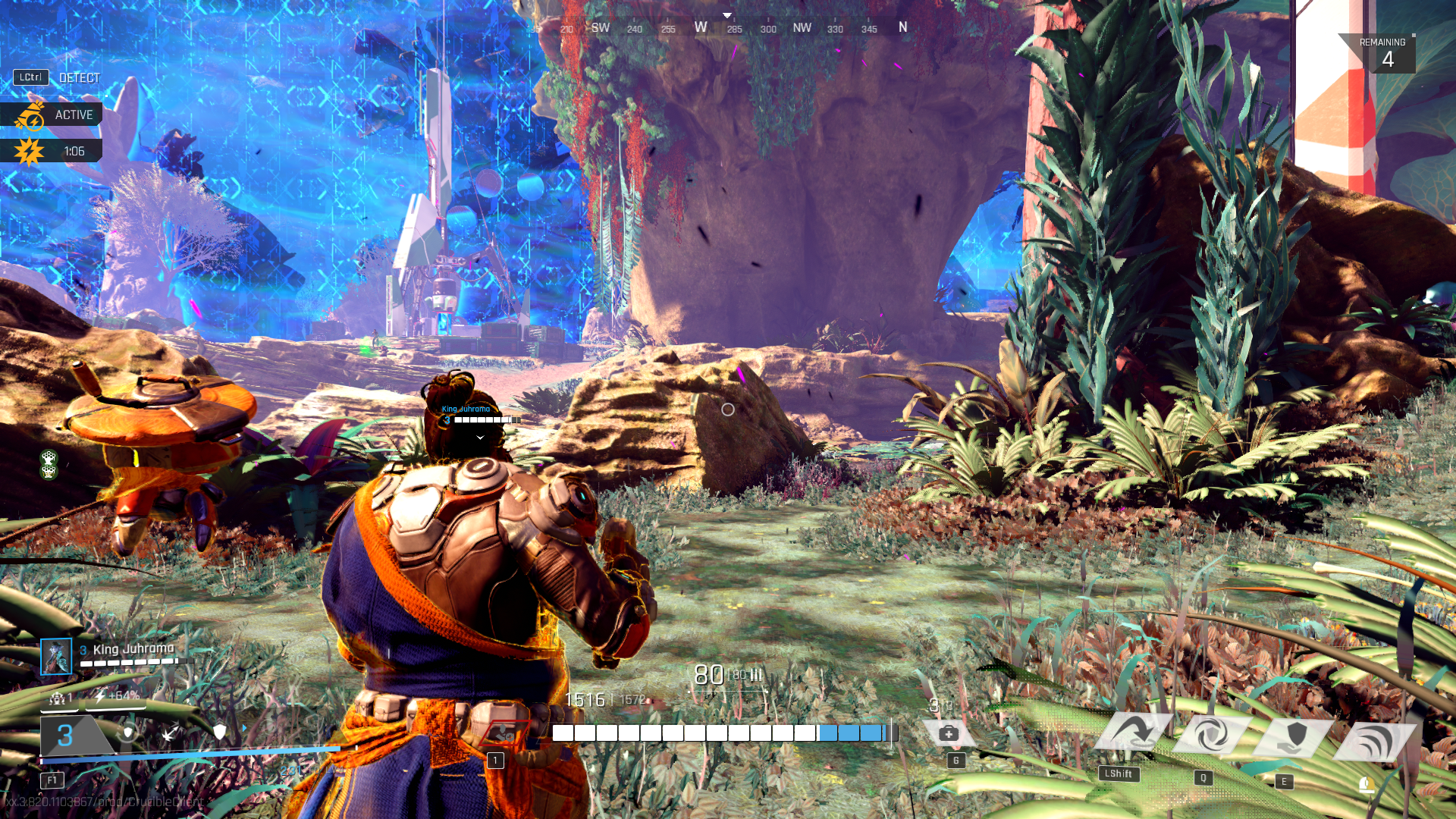
One of the biggest companies in the world launched a free-to-play game on Steam, and it peaked at 10,000 concurrent players. A week later, it was down to 1,000. A month after that, the player count was so low Amazon pulled Crucible from sale and put it back into beta.
Crucible wasn't horribly broken or the victim of failing servers at launch. There was no controversy. The interest just wasn't there. And you'd think it had a good shot: Amazon has infinitely deep pockets; it was free-to-play, lowering the barrier to entry; Amazon owns Twitch, and other games like Valorant have used its drop system to entice both streamers and players. So what the hell happened?
Maybe it was simply too late, or too generic, to tap into interest in hero shooters. Crucible reminds me of poor Battleborn, but released to even more deafening apathy. I've never seen a game from a major studio flop so hard that it was reverted to beta, then canceled a few months later. It's not the first, or only, troubled Amazon Game Studios game. MMO New World was delayed to 2021. Wannabe esport Breakaway never made it out of beta. And those are just the ones we know about.
Crucible was probably never destined to be a smash hit, but it's surreal that Amazon could release a game that I'm confident 9/10 PC gamers never even heard of. Launches don't get much worse than that.

Wes has been covering games and hardware for more than 10 years, first at tech sites like The Wirecutter and Tested before joining the PC Gamer team in 2014. Wes plays a little bit of everything, but he'll always jump at the chance to cover emulation and Japanese games.
When he's not obsessively optimizing and re-optimizing a tangle of conveyor belts in Satisfactory (it's really becoming a problem), he's probably playing a 20-year-old Final Fantasy or some opaque ASCII roguelike. With a focus on writing and editing features, he seeks out personal stories and in-depth histories from the corners of PC gaming and its niche communities. 50% pizza by volume (deep dish, to be specific).

